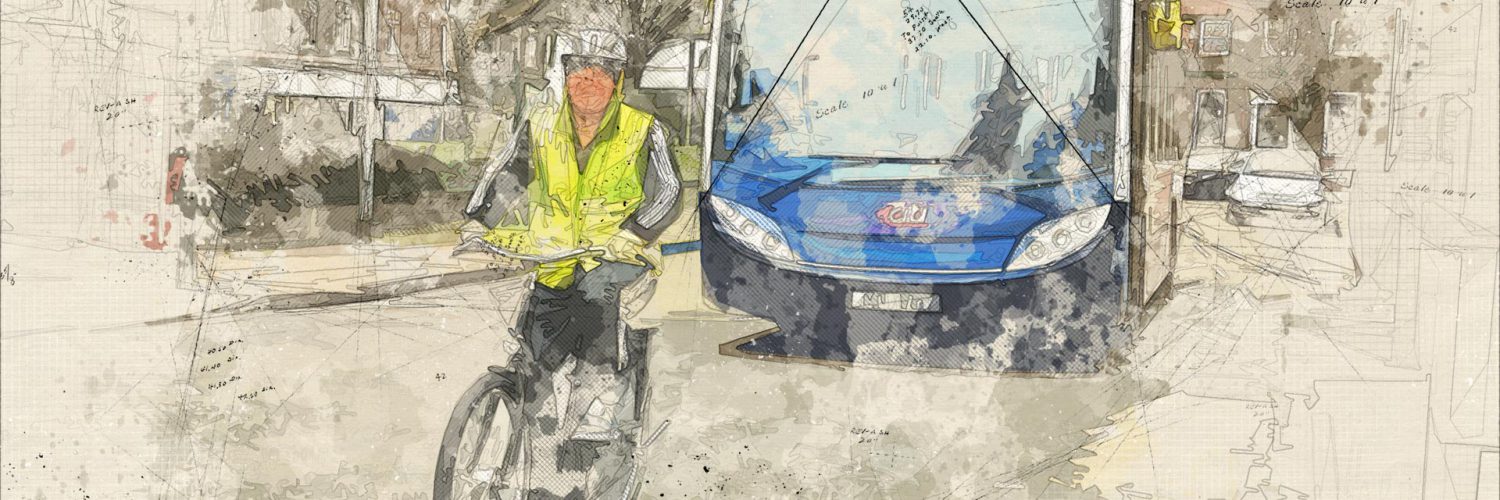Did you know that air pollution kills an estimated 40,000 people across the UK every year? That compares with 1,800 road deaths.
In October nine Royal Colleges of Medicine launched the Breath of Fresh Air initiative, pushing the issue to the top of the health agenda. They join the World Health Organisation in recognising air pollution as a public health emergency.
Air pollution across UK towns and cities is largely due to diesel emissions: gases and particulates so small that we can’t see, smell or taste them. These pass through the lung lining into the bloodstream and every organ in the body. Research clearly shows how air pollution causes heart, lung and brain diseases.
The 1990s’ rush to diesel from petrol for its lower CO2 emissions had a disastrous, unforeseen consequence: diesel emissions turn out to be a Group 1 carcinogen; there is no safe level for human exposure.
Those living and working on or close to busy streets are at greatest risk. The worst place for exposure is in a car – even an electric one: passengers are exposed to pollution sucked in from other vehicle exhausts
The solution is to transition vehicles as quickly as possible from diesel to petrol-hybrid to all-electric. That will take time. Meanwhile we need new traffic management policies to reduce congestion and keep traffic moving. Planting more trees will help to filter the air. These must be top priorities for the Greater Cambridge City Deal and the to-be-elected mayor.
But here’s what you can do now to save your health:
- Leave the car behind and walk or cycle quieter routes (also good for improving fitness and reducing incidence of obesity, diabetes and depression).
- If you have children, talk to schools and other parents about arranging for them to walk or cycle (at least some of the way) to school.
- Ventilate your house/office by opening windows that do not face onto busy roads.
- Ask the shops you use to close the door to the street in trading hours for a big cut in health risk inside.
This article was first published in the Cambridge Independent on 7 December 2016.



Add comment